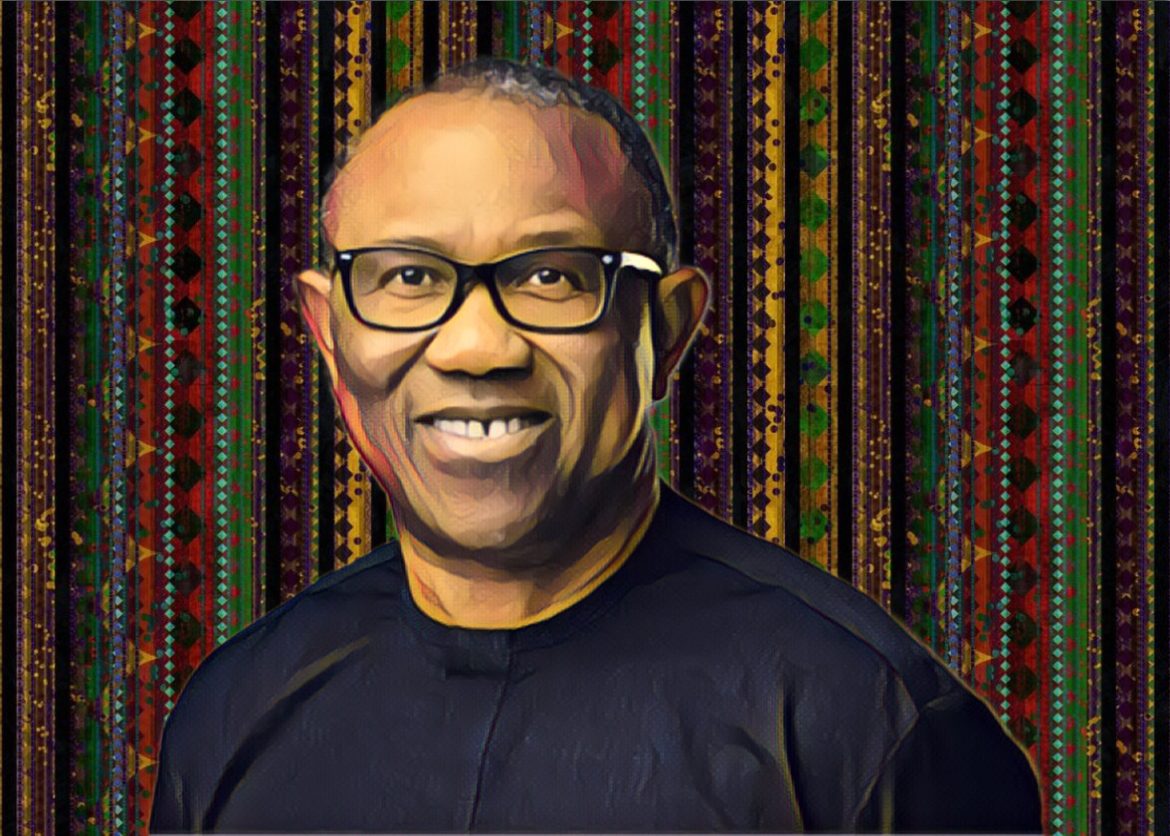In a move that has drawn considerable attention across Nigeria, Labour Party’s presidential candidate, Mr. Peter Obi, has called for a comprehensive review of the country’s 2024 budget. This demand comes in the wake of revelations that the Senate may have inflated the budget by an alarming N3.7 trillion, a situation Obi deems unacceptable given Nigeria’s pressing challenges in various sectors. The call was made via his verified X handle, emphasizing the necessity for the National Assembly to reassess and reallocate resources to areas of urgent need, notably education, healthcare, economic stability, and power supply.
Obi’s critique highlights a fundamental issue facing Nigeria: the misallocation of resources in a time when the nation grapples with severe challenges. According to Obi, the executive and legislative branches must collaborate to revise the budget early in its implementation phase, ensuring that funds are directed towards combating poverty, enhancing security, addressing hunger and food insecurity, and improving power supply. He underscores the dire circumstances that have led to about 7000 Nigerians being kidnapped in the past year alone, with 700 cases in the last three weeks. These grim statistics contribute to Nigeria’s reputation as a risky country, further hampered by rampant violent crimes and killings.
The Labour Party candidate also referenced a report by the Financial Times, dated March 12, 2024, which labeled Nigeria’s kidnapping issues as indicative of a failed state. This alarming characterization, coupled with Nigeria’s struggle with hunger, skyrocketing food prices, and an unreliable power supply, paints a bleak picture of the nation’s current state. Obi pointed out that a staggering 92 million of Nigeria’s over 200 million population lacks access to electricity, as per the 2022 Energy Progress Report. Additionally, the healthcare system is in disarray, with 80 percent of primary healthcare centers non-functional and medical costs soaring beyond the reach of many citizens.
Education emerges as another critical concern, with Nigeria housing the highest number of out-of-school children globally, approximately 20 million. Obi passionately advocates for a budget reallocation to rescue these children from the streets and ensure their access to basic education. He calls for sacrifice and a unified effort to address these multifaceted challenges, believing firmly in the potential for a revitalized Nigeria.
Parallel to Obi’s budget review demands, Governor Abdullahi Sule of Nasarawa State has appealed to Obi to support President Tinubu’s administration. During Obi’s visit to Lafia, part of his nationwide tour to extend support to Nigerians during Ramadan, Sule emphasized the importance of collective efforts in overcoming the nation’s obstacles. He acknowledged Obi’s experience and potential contributions to national development, urging him to assist the president discreetly. Sule’s call for support is rooted in the belief that the challenges Nigeria faces—ranging from insecurity to economic hardship—require a united front.
Governor Sule also commended Obi for his philanthropic efforts, notably drilling boreholes in several communities within the state, a gesture that has alleviated the plight of many. In response, Obi expressed his commitment to Nigeria’s progress, clarifying that his political aspirations are driven by a desire to see the nation thrive rather than personal ambition. He lauded Sule’s infrastructure initiatives, particularly the construction of new roads that have significantly improved Nasarawa State’s landscape.
This dialogue between political figures underscores a broader narrative of cooperation and strategic governance needed to steer Nigeria towards a more prosperous and stable future. Obi’s call for a budget overhaul, rooted in a detailed critique of the current allocations, along with Sule’s plea for bipartisan support, reflects the complexities of navigating Nigeria’s socio-economic landscape. As the nation confronts these challenges, the actions and collaborations of its leaders will be pivotal in determining the path to recovery and growth.
Source: The Sun Nigeria


